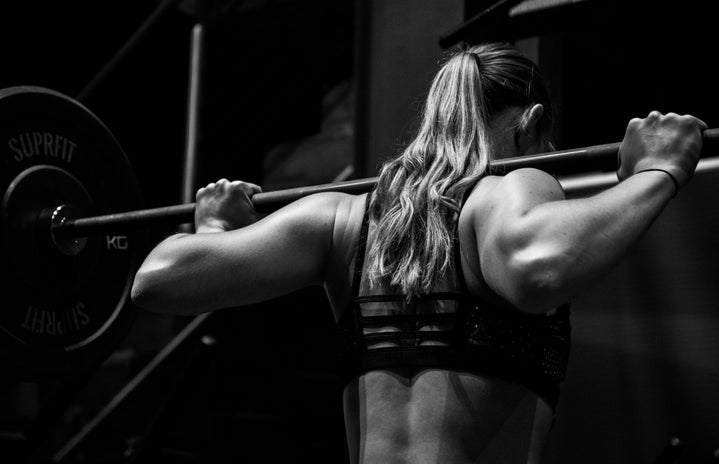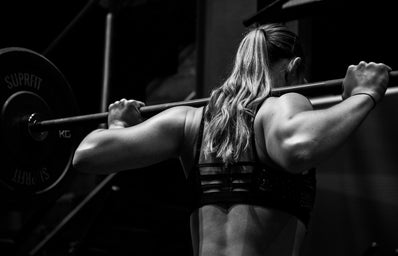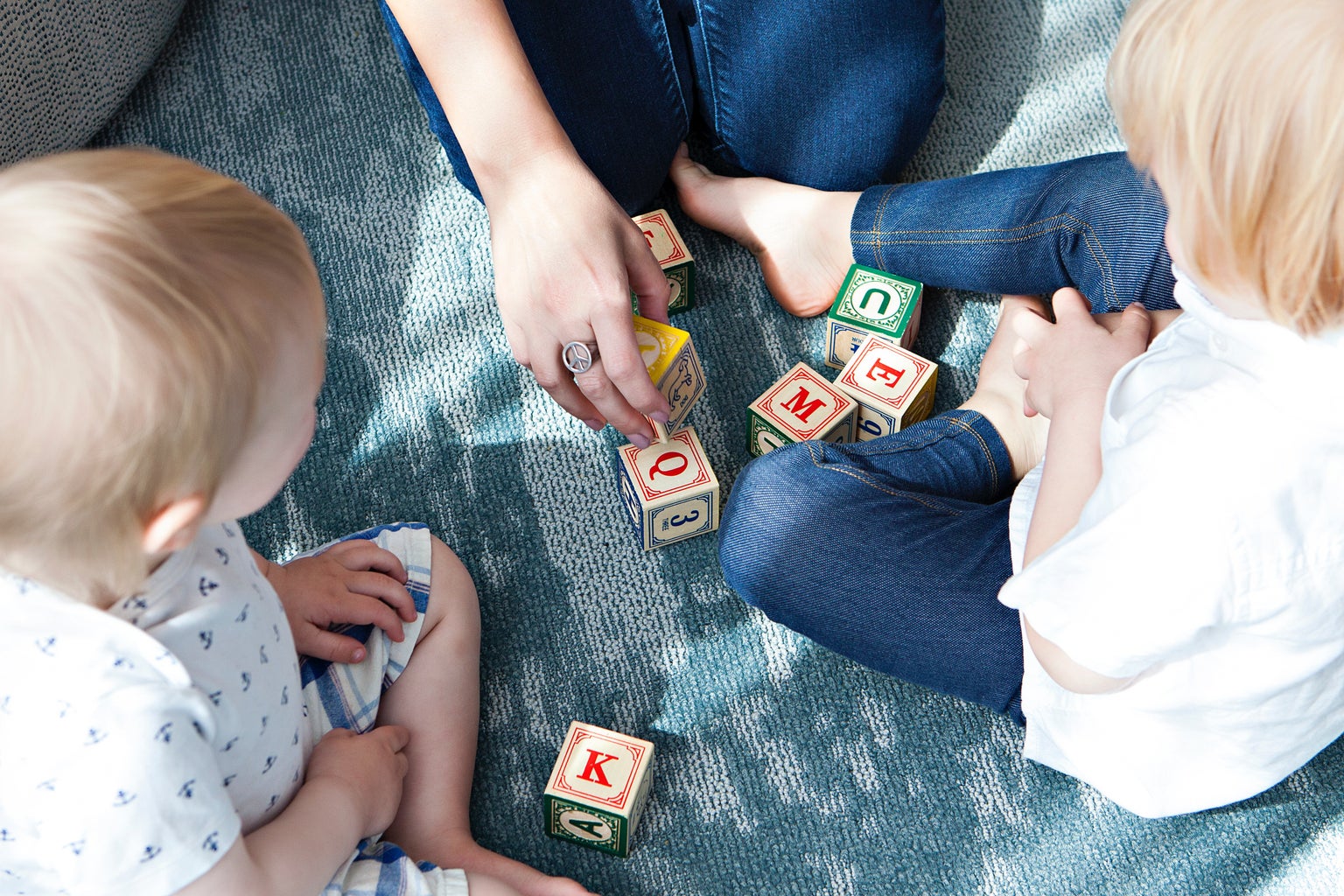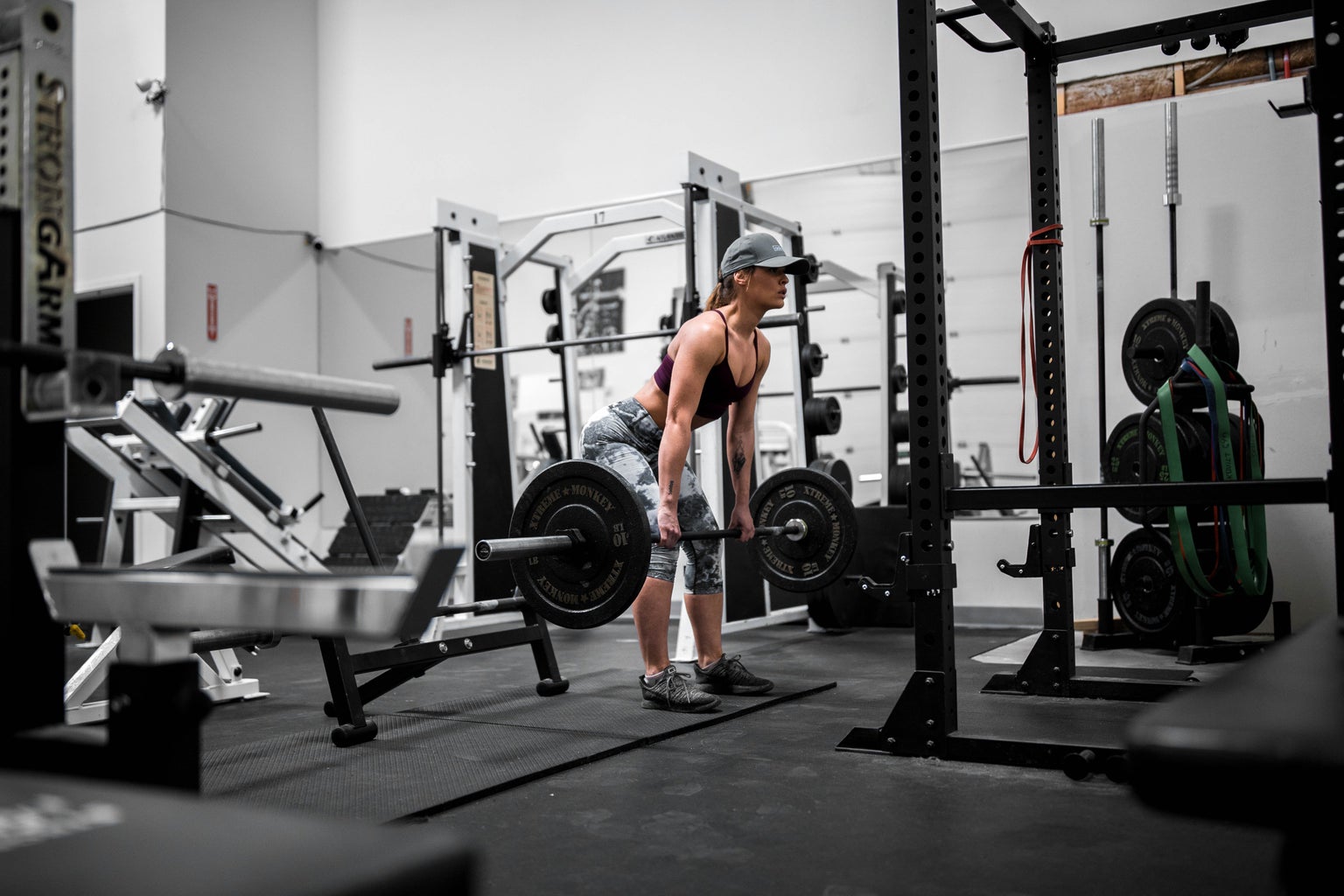Alysia Montaño stepped up to the starting line of the track at the 2014 U.S. Track and Field Championships with an impressive record. This year, however, something was different for the five-time 800 meter national champion. Montaño sported a yellow flower in her hair, black shorts, a pink tank top, and a belly swollen by thirty-four weeks of pregnancy.
That’s right, the 28-year old competed in the U.S. national championship at eight months pregnant. Montaño finished nearly 35 seconds slower than her personal best, but this race was not about winning a medal; it was about redefining public perception of pregnant women.
Montaño told ESPN that she was encouraged by her doctors to continue running through her pregnancy, learning that “exercising during pregnancy is actually much better for the mom and the baby.”
She received standing ovations for her performance that afternoon, but behind the scenes, she was fighting battles to keep her paycheck. In 2019, Montaño broke her nondisclosure agreement with Nike to speak to the New York Times about her experiences with the company during her pregnancy.
In track and field, athletes are paid via private sponsorship deals with activewear brands. While sponsors typically have policies in place to protect athletes if they become injured, many do not guarantee payment security during pregnancy or the postpartum period.
Given their status as independent contractors, professional athletes do not benefit from the United States laws that ensure security for pregnant employees.
Along with Montaño, other athletes spoke out about their experiences with Nike reducing their salary during pregnancy, or terminating pay until they began competing again. Many of these athletes requested anonymity due to nondisclosure agreements.
However, one prominent athlete that spoke out and headlined alongside Montaño was long-distance runner Kara Goucher. Nike informed Goucher that they would be terminating her pay until she began racing again. In order to support her family under this circumstance, Goucher began training for a half-marathon only a week after giving birth to her son in 2010.
The pressure placed on women to choose between competition and their personal health is exacerbated by health insurance insecurity. Many professional athletes receive health insurance through the United States Olympic Committee or U.S.A. Track & Field. Because this insurance is dependent upon the athletes’ performance in national competitions, pregnancy threatens an athlete’s coverage. Both Montaño and Goucher lost their health insurance while their level of competition was affected by pregnancy.
A few months after athletes went public with their stories, Nike responded to the backlash by implementing a change in their policy. Sports Illustrated outlines Nike’s updated policy, which states that if an athlete becomes pregnant, Nike cannot apply performance-related reductions for a consecutive period of eighteen months, beginning eight months before the athlete’s due date. During that period, Nike cannot apply any right of termination as a result of the athlete not competing due to pregnancy.
This move appeared to be the start of an attitude shift for Nike. In March 2021, Nike released a Mother’s Day ad that showed women shattering the stereotypical association of pregnancy with fragility. The ad, addressing mothers as the toughest athletes, features imagery of pregnant women and new mothers performing with strength and determination.
It felt like a win for Nike and women athletes, but those affected in the past by Nike’s discriminatory policies were not so convinced.
Alysia Montaño told Runner’s World that the ad was “incredibly dismissive of the struggles mothers have faced under this brand for more than a decade.” She viewed the ad as a hypocritical marketing piece through which Nike painted themselves as leaders, “claiming victory in this fight instead of standing with athletes” to apologize for past wrongs and commit to standing alongside them in the fight moving forward.
Allyson Felix, one of the most decorated athletes in history, agreed that the ad “celebrates all of the right things but seems to ignore the struggle it took to get to this point.” Felix had her own struggle with Nike, dealing with pay decreases and risking punishment if she did not perform at her highest tier following an emergency C-section at thirty-two weeks.
The 2021 ad has not been Nike’s only effort to demonstrate a more inclusive attitude towards pregnant athletes. In September 2020, Nike released their first dedicated maternity collection, Nike (M). 150,000 scans comparing non-pregnant women against pregnant women as well as detailed feedback from nearly 30 pregnant and postpartum athletes were integrated into the design of the original four-piece capsule collection.
Nike seems to be making an effort to better support maternity, but athletes who bore the brunt of discriminatory policies reveal that much hurt still needs to be addressed.





